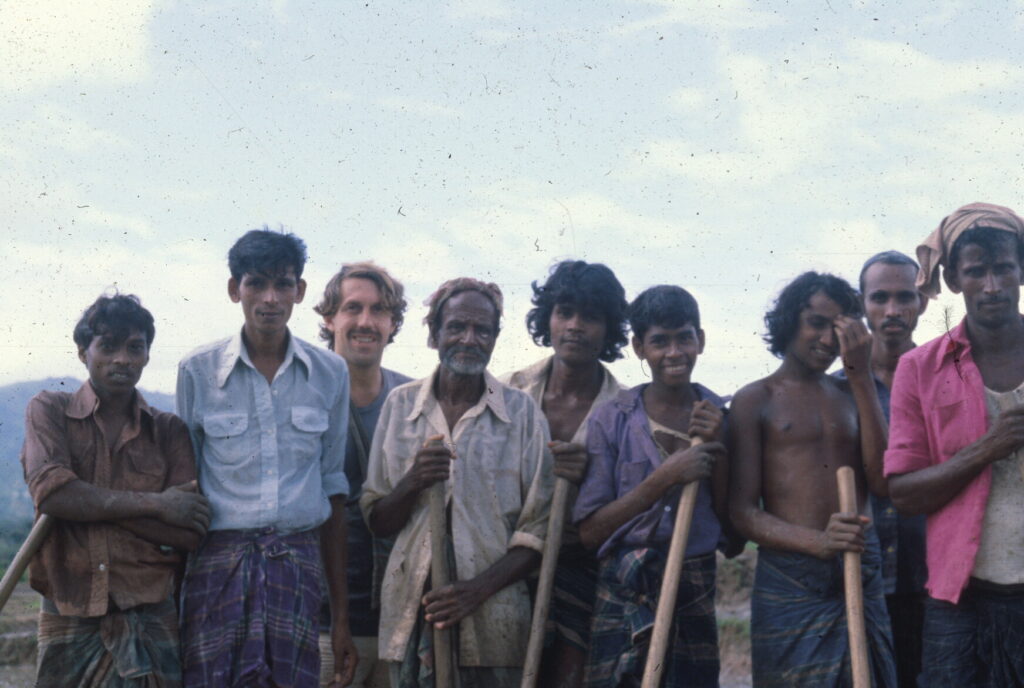
by Prof. Victor de Munck
There is an inherent schizophrenia that suffuses the role of being an anthropologist: on the one hand, we are often viewed as scientists and claim our work is ‘scientific’, when most of our data is anecdotal and standards for representative sampling are rarely implemented. Second, we are presumed to be ‘experts’ on some society or cultural group, yet usually, we are novitiates, and almost any member of that group is more culturally competent than the anthropologist. Further, having worked in Sri Lanka and more recently Lithuania, my position as an anthropologist shifts depending on whether I am lecturing or giving a talk in those countries or in some other place where expats from both countries or regions attend the lecture. In the latter case, there is usually a palpable collective residue of colonialism and privilege, as I am an elderly white male who makes a decent living. When I lecture in the country of research, the lecture is usually well-received (as I sense it), it is as if I am given credit for partially learning their language and culture. The difference is, I believe, a result of the expats recognizing my lecture as one of the few lectures the audience will ever hear on their country and, therefore, I had better get it right, as they remember it. Few professions, I wager, are based on such intersubjective, shaky ground.
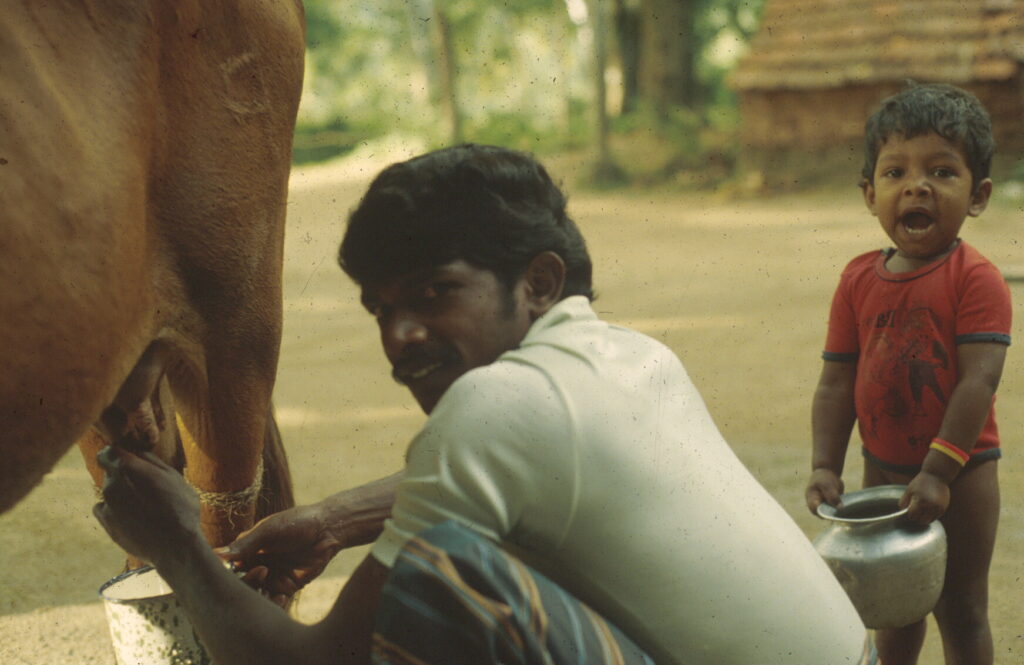
Why do anthropology then? If, as I have framed it, we are not viewed by scientists as members of their community nor are we viewed as members of the humanistic community, rather we are an exotic add on, discussing such things as shamanic relations between reindeer and teenagers among the Evenki (a Siberian ethno-linguistic group). To put a final nail in the alleged coffin, even the historically central concept that has bound us together as anthropologists, ‘culture,’ has become (rightfully, I think) problematic and is missing-in-action in contemporary anthropology. Ironically, at the same time, culture has become an iconic word in other fields in the social sciences and the humanities. Maybe we don’t need to burn the field down, it is already on life support! Need I add that the field lacks any semblance of social communality outside a splintering into tribal groupings? In what follows, I’d like to point out, in a quite personal rather than formal way, why and how anthropology can become an important field; not just academically but one that is needed to solve many of the global problems we face today.
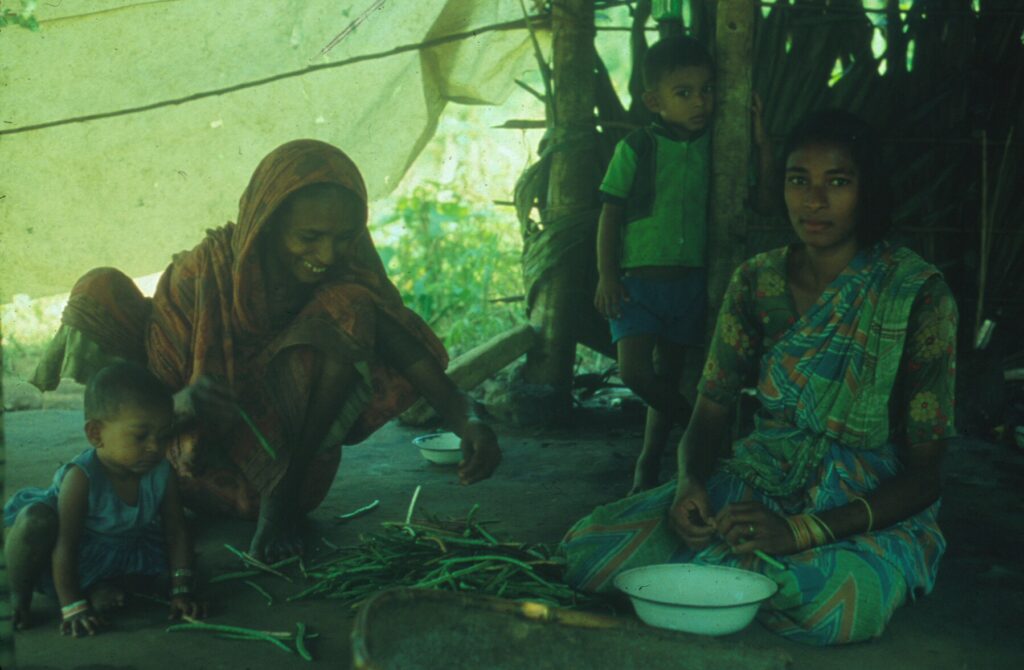
Fieldwork requires a large dose of trust in others; that they won’t abuse or kill you and that they will be sympathetic to your work. The obvious advantage of fieldwork is that we internalize much of the ‘local culture’ and are able to ‘read’ it at multiple levels, from multiple perspectives. Trust cannot be hurried, it is built over time through interacting and working with your informants in a web of sociability and vulnerability. While living in the Muslim Sri Lankan community of Kutali, I apprenticed with the “snake doctor,” and learned to trepanate and recite healing mantrams for persons bitten by poisonous snakes (i.e. cobras, kraits). I also learned to plow a paddy field with a team of oxen; participate in Thursday night Dhikr recitations at the mosque; I was an apprentice to the ‘Oosta mama’ who performs circumcisions; and I held occasional bajas (parties) at my mud-brick two-room house. I also cleaned wounds, and gave free English lessons to children. Most anthropologists do similar sorts of community work, in part to gain trust and also to be of some use. Our data gathering methods are grounded in participant observation, while simultaneously studying the daily collective flow of real-life behaviors directly and unobtrusively. As a result, anthropologists not only collect information or data, but we often also know the stories behind the data. Consequently, we can reasonably claim that anthropological fieldwork offers an opportunity to collect the most scientific data about humans, both individually and as a society, ever devised.
Perhaps the most important problem that one must come to terms with is that even when fieldwork is multi-sited, it is usually of one community (or two or three neighboring ones). This is hardly adequate for making claims about the culture beyond the community studied. Yet, ethnographic monographs or even articles are often taken to represent a wider cultural area than that studied by the anthropologist. Thus, anthropological studies of groups of people are riddled by, and rendered ineffective by the ecological fallacy or, perhaps the synecdochel fallacy—taking the one site (or multiple sites) to represent the whole.
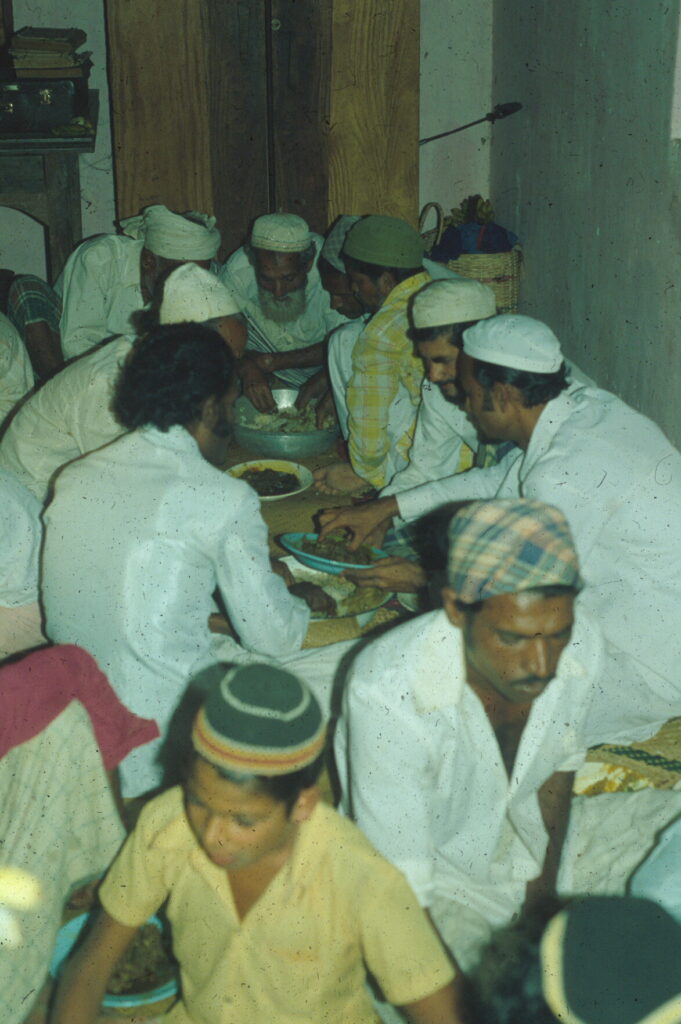
Far from shirking and shrinking from these weaknesses, we should put effort into explaining and convincing the powers that be why more anthropologists are needed to conduct fieldwork in many places within a region or nation. In understanding the limitations of lone wolf, synchronic, partial cultural studies, we can strengthen the field of anthropology by conducting multi-sited, regional team-oriented and local-participatory fieldwork. There must be a global effort (with financial support) to conduct a world survey of cultures analogous to the genome project. We should be expanding, not reducing, the field of anthropology.
Universities and nations invest in fields at the leading edges of technology. Grinin et al have provided evidence to show that we are in the initial stages of the “cybernetic revolution”—that is, where expert systems can self-regulate, like self-driving cars, where robots are getting better at simulating real human beings, where nanotechnology can be implanted to monitor your health, and so on. However, problems such as global warming, the growing military/police complex, increasing tribalism in a global age, inequalities, and social justice concerns cannot be solved through technology. The main step forward must be to recognize ‘the other’ as another version of ‘the self.’ This is at the heart of the anthropological enterprise–to learn how to see the world through the eyes, heart and mind of others; even perhaps those who have caused outrage by protesting mask mandates by wearing the Star of David on their shirts as an equivalent. We, anthropologists, are at the fulcrum between romanticism and rationalism, ‘us’ and ‘them,’ the humanities and sciences, technology and poetry. Our role should be to radiate out, discover, understand and explain our various differences and universal commonalities in ways that encourage trust, facilitate inter-cultural communication and cooperation, promote a utilitarian ethos of a global “us.” Anthropology is one key method for building local and global webs of trust that replace the seemingly global schismogenesis that marks contemporary society. This is to say that universities need to invest in anthropology more so than in IT, if they have a vision of what a sustainable, equitable, just future ought to look like rather than one of crude profit.
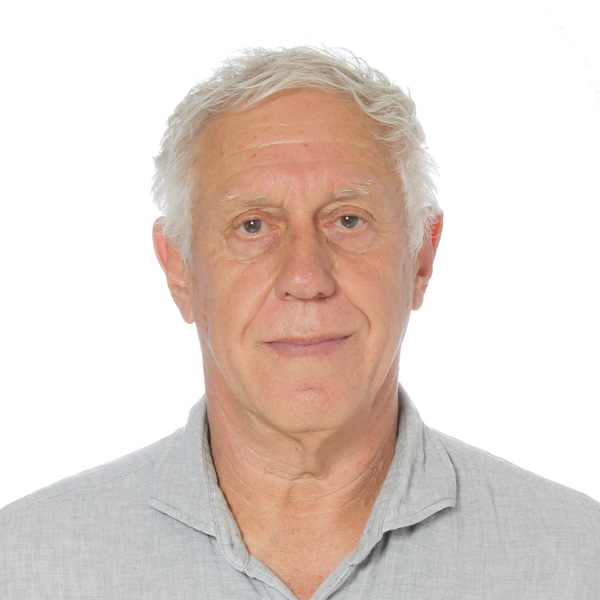
About the author
Victor received his Ph.D. from U.C. Riverside (1985) though he was also a student of Gananath Obeyesekere and F.G Bailey at UC San Diego. He has just completed a festschrift on Bailey that will be published by Manchester University Press, co-edited with E.J. Sobo. He is now happily teaching and doing research on love and marriage at the Institute of Asian and Transcultural Studies at Vilnius University. His main work is on the intersect of culture and cognition (including feelings/emotions) in terms of cultural models. He has co-authored a book on cultural models (2014, Oxford) and a theoretical article on culture (current anthropology, 2019). While writing on cultural models he has become more perplexed and enthused about how to study “them” and if they are really somehow “there.” “He” is about to transition to “I!” I am deeply interested in the notion of the self, I think my best article is “The Fallacy of the Misplaced Self”, written in my prime, 1992 in Ethos. The most inspiring writers/thinkers for me have been D.R. Hofstadter, G. Bateson, Ruth Millikan, David Elder-Vass, Margaret Gilbert, and Gregory Corso. I find contemporary anthropology uninspiring but interesting and believe we are going through some growing pains. Of course, like all anthropologists (I presume), I am deeply curious about life, humans, the nature of collectivities, consciousness, and how we help build a more cooperative loving world. I study love, btw, in part because it is probably one of the most important concepts around, and because I am interested in its transcendental powers as well as how much it remains an utter mystery. Lastly, I study love to understand the mechanism by which humans volitionally cooperate and make sacrifices for others.
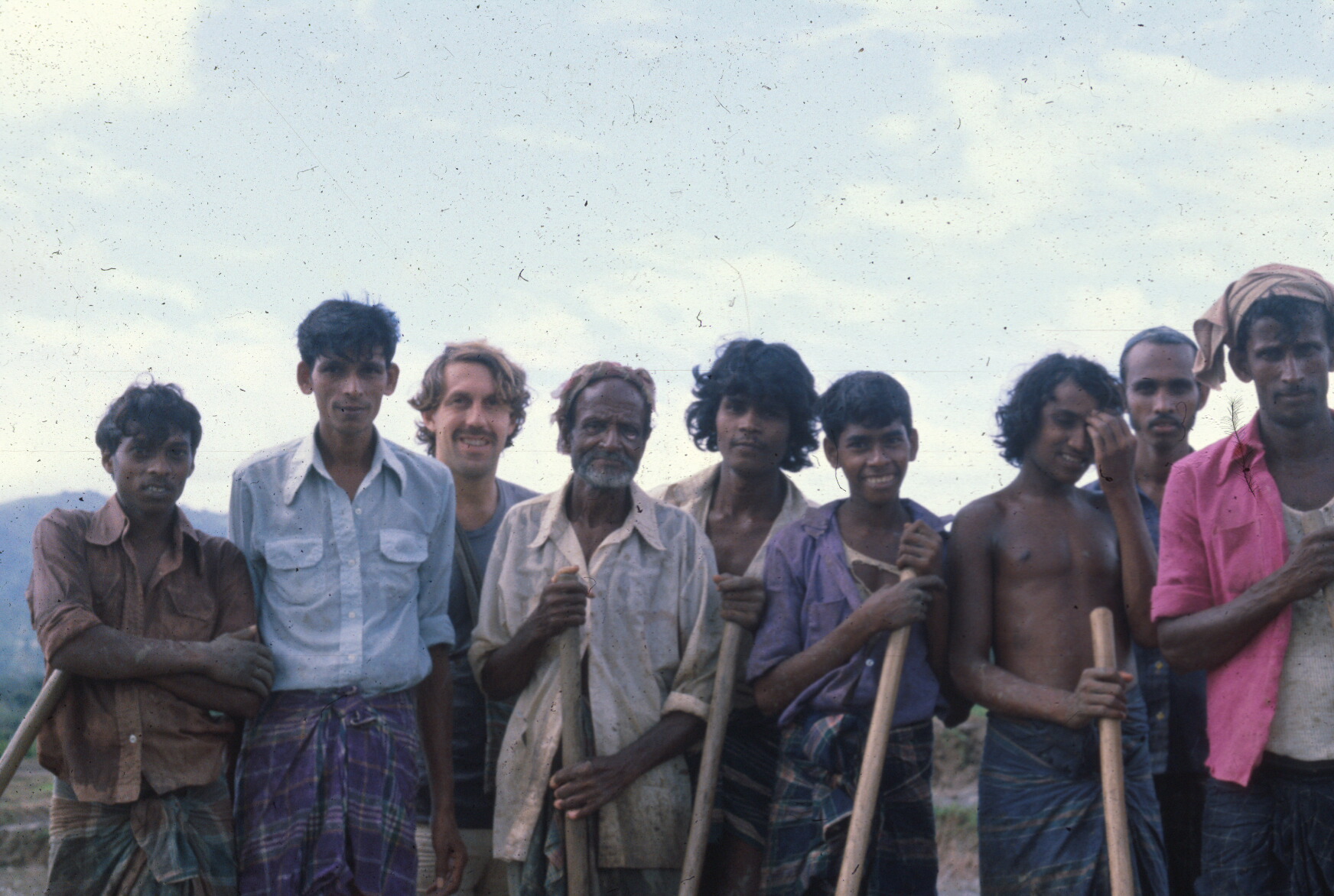
Leave a Reply